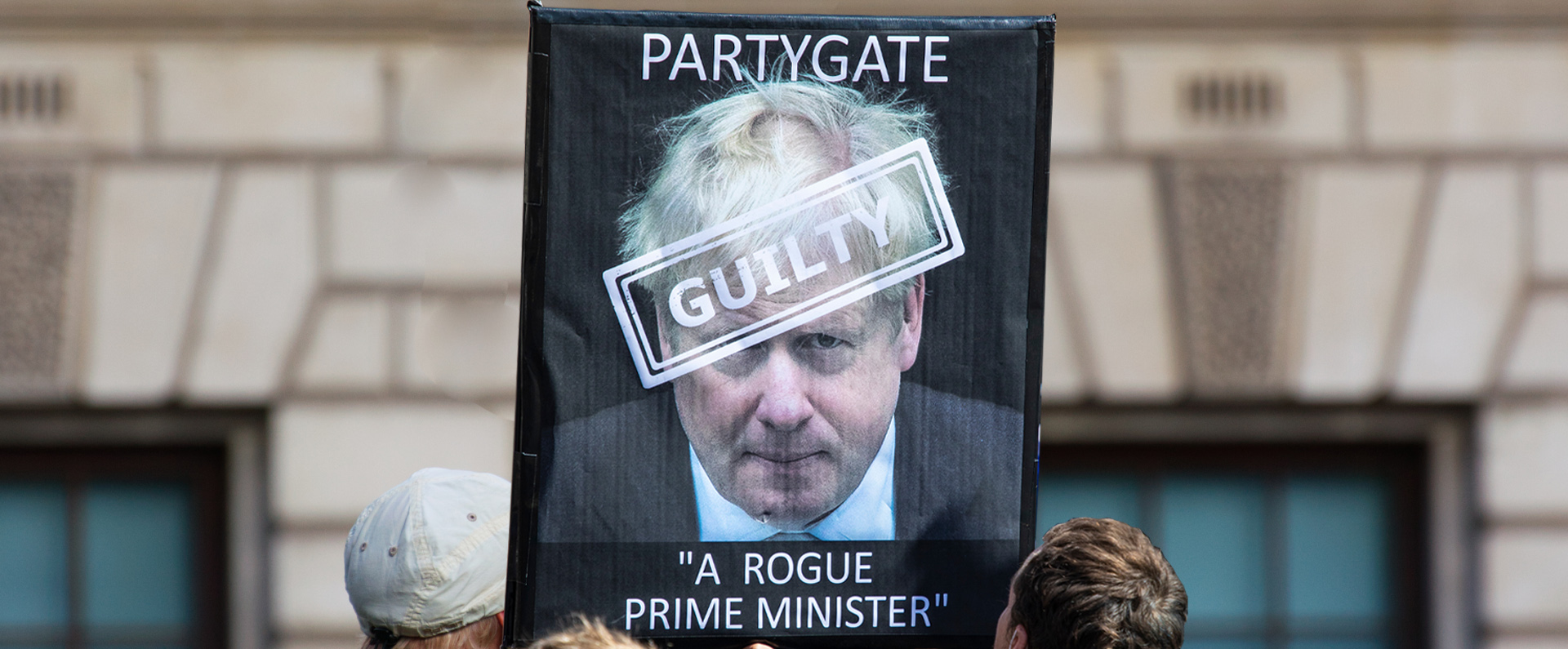The week after Louise Mensch announced her departure from parliament, my first poll in Corby found a 15-point lead for Labour. My second poll, conducted last week, brings rather worse news for the Conservatives. Labour have consolidated their position and Andy Sawford is now 22 points ahead. All parties’ supporters are now surer of how they will vote than they were at the beginning of the campaign, suggesting Labour’s lead is now entrenched.
The 13-point swing to Labour is not on the same scale as those of Crewe & Nantwich in 2008 or Wirral South in 1997 – but it means a comfortable victory for the opposition and would mean a significant overall majority for Ed Miliband if repeated at a general election. Half of those who voted Conservative in 2010 but intend to vote for a different party at the by-election say the main reason is that they are unhappy about what the Conservatives are doing in government.
Only a quarter of voters in the by-election say they are satisfied with David Cameron’s performance overall. Even so, half of the rest say they prefer him as Prime Minister to the alternative. It will be troubling for Labour that even though more than half of Corby voters plan to vote for Andy Sawford, only a third would rather see Ed Miliband in Number 10. Indeed a quarter of people planning to vote Labour at the by-election prefer Cameron to Miliband.
Most Corby voters (56%) are pessimistic about the economy, thinking that in three or four years time things will be no better or even worse than they are now – although the proportion of those who think the right decisions are being made and things will improve in three or four years (44%) has edged up slightly during the campaign. Cameron, Clegg and Osborne are preferred over Miliband and Balls to manage the economy by 48% to 33%, and indeed by three quarters of those who voted Conservative in 2010 but will vote for someone else at the by-election. Though the Tories retain a strong lead on cutting the deficit and the debt, Labour have a small advantage on “getting the economy growing and creating jobs”.
Of those who voted Tory in 2010 but intend to vote for a different party at the by-election, only just over one in seven say they will “probably vote Conservative again when it comes to the general election”. More than half say they will consider voting Tory again next time, giving the party some hope of regaining the seat, but more than a quarter of Corby defectors say they will “almost certainly, or most definitely” not vote Conservative in 2015.
In this campaign, Labour are winning the ground war. Just over half of our respondents had received leaflets or newspapers from Labour, compared to 43% from the Tories, and Labour were also ahead on canvassing and direct mail. The Conservative campaign may have found it hard to recruit volunteers to defend a seat they did so much to win only two years ago. Another possible explanation is that CCHQ may have decided to conserve resources for future campaigns it sees more hope of winning. Either way, 70% of voters now expect Labour to take the seat, including well over half of those who intend to vote Tory.
Unfortunately it looks as though Christine Emmett, the excellent Conservative candidate I wrote about meeting at conference in Birmingham, is going to do less well than she deserves.


